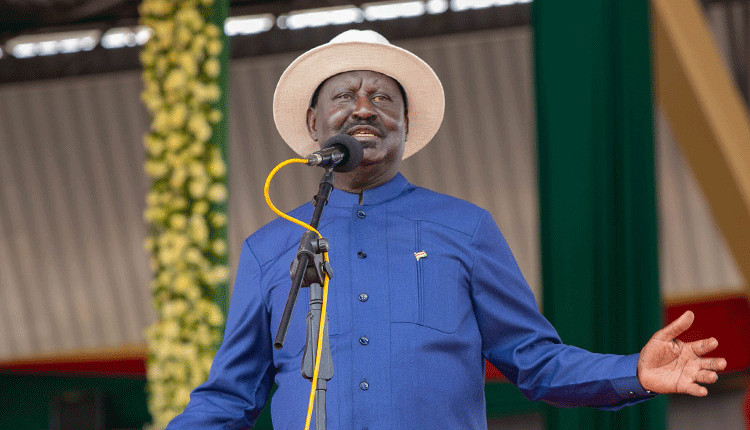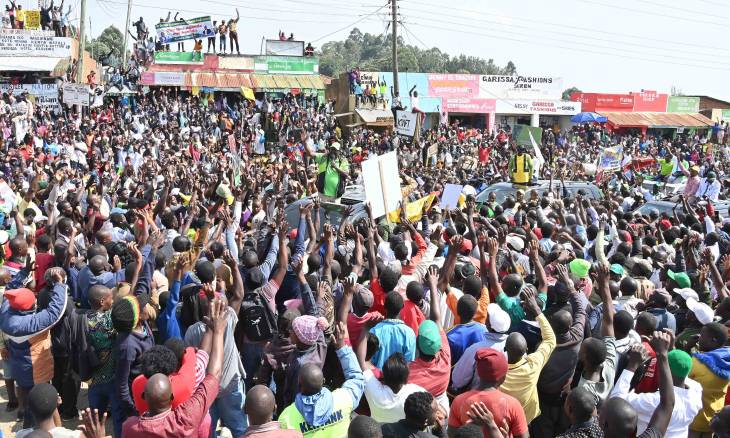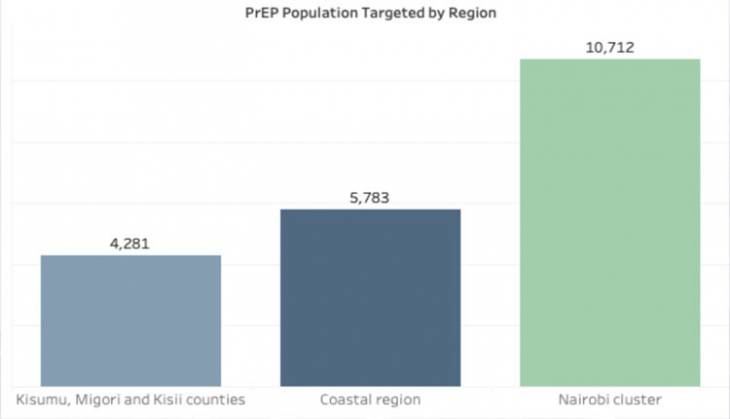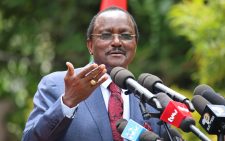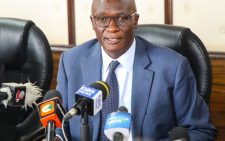We must stop culture of big men, big money politics
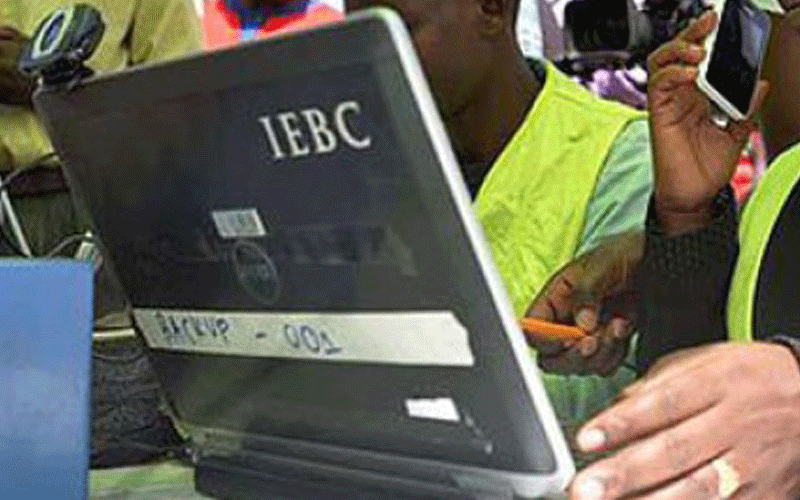
Michael Ochula
To run for political office in Kenya means you have to twist the arms of party leaders, flatter their cronies and hand over wads of banknotes to the voters — the cleaner the better.
Without money, most aspirations would evaporate like steam. Big men, big money politics season is here.
Politics and political campaigns costs money, but the nexus between cash and power is especially corrosive in Kenya.
In mature democracies, parties choose candidates and subsidise their campaigns.
In Africa, aspiring politicians pay vast sums to run on a party ticket and then dish out more to cover own costs.
They give voters handouts in bribes and as hints of future generosity. Once elected, they keep spending on constituents’ school fees, medical bills, funeral expenses, construction projects and home coming parties.
Individual politicians act as mini welfare states. Their spending often dwarfs their salaries.
When a life in politics costs so much, the impecunious and honest will be excluded.
Many MPs will either be rich to begin with or feel the need to abuse power to recoup their expenses through corrupt practices.
Even if they are not corrupt, MPs are a poor substitute for a genuine welfare state.
Their largesse may go to those who ask loudest or to a favoured ethnic group or clan.
So long as states are weak, it makes sense for voters to ask elected leaders for handouts rather than for better laws or help to navigate the bureaucracy.
It is also rational for MPs to neglect legislative work in favour of gifts and pork if this is what voters say they want.
But as our democracy matures, this should change. As voters grow richer and more educated, they will be harder to buy.
As governments grow more effective, MPs will have fewer gaps to fill. However, the shifts could take decades.
Kenyans need something better, sooner. Outsiders often suggest tougher campaign-finance laws, which seldom work.
They are often ignored. And laws copied from the developed world tend to miss the point, by regulating spending by parties before elections, rather than by sitting MPs.
Better would be to take a different approach. One aim would be to strengthen institutions that expose and punish graft.
Last month Zambians booted out the graft-ridden regime of Edgar Lungu thanks, in large part to enlightened voters.
Another aim is to encourage parties to run on policies rather than ethnicity or patronage.
We need to see them address corruption, unemployment, how to jump-start the economy, improve food security and provide free healthcare for all.
NGOs, trade unions and business groups should nudge them in this direction or help set up alternatives
The other thing is to bring back public shame about our elected officials. Many Kenyans seem to have abandoned shame.
Today we see some elected officials wear corruption, tribalism, lies and prejudice as a badge of honour.
The truth does not matter to a person who has no shame. Shamelessness has infected our culture.
When leaders cross lines their followers do the same. It is good for Kenyans to know some behaviour aren’t okay.
Shame can be used as an instrument of righteousness calling out leaders who fail to live up to national promise of integrity and prosperity for all.
Kenyans should retain the weapon of healthy shame in their arsenal and that means electing leaders who have the shame to know their actions and words matter.
The essential thing is to curb leaders’ informal role as source of welfare. The long-term fix would be to make county governments work properly.
A stopgap is to improve Constituencies Development and County Funds. These are pots of public funds to be spent at the discretion of governors and MPs. More than a dozen African countries have CDFs.
They are not grubby as they sound. Research shows voters judge MPs on how they use the funds, so there is some accountability. With greater transparency, they would offer more.
Fixing pricey politics means tackling political corruption, patronage and having a healthy shame. We must also make politics less costly. — The writer is a governance expert — [email protected]
